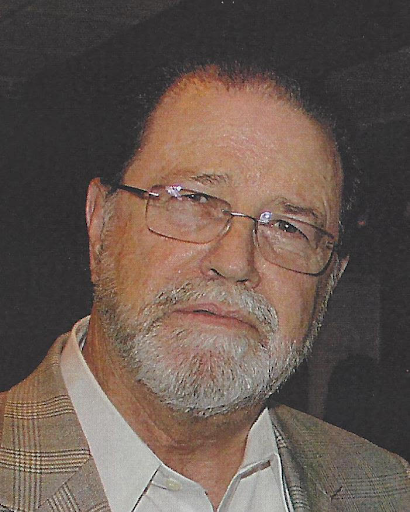Someone once said, “You can’t be a good Catholic and a feminist” to Dr. Elizabeth Johnson after she began questioning if it was appropriate to refer to God using feminine language. For instance, referring to God as Mother or She. Dr. Elizabeth A. Johnson, 73, from Brooklyn, N.Y. is a Catholic theologian and professor of theology at Fordham University. Dr. Johnson came to St. John’s University on Feb. 5 for her Annual Catholic Lecture, “Is God’s Charity Broad Enough for Bears?” Before the lecture, I had the opportunity to hear about when she was first introduced to God as a female.
One day during liturgy, the priest prayed to God as “Our mother” and it made her ask, “Is it all right to call God our mother?” This question moved Dr. Johnson to write “She Who Is: The Mystery of God in Feminist Theological Discourse.” “She Who Is” is an award-winning book that explains what feminist theology is and criticizes the way Christians perceive God in a patriarchal image and how it reflects the patriarchal society we have today.
“If women are created in the image of God, then God can be spoken of in female metaphors in as full and as limited a way as God is imaged in male ones” (She Who Is).
In “She Who Is,” Dr. Johnson discusses in detail that yes, it is more than all right to call God our mother. In fact no one should refrain from doing so. The problem with using only male language to refer to God is that it is taken literally, which leads men to think that they are superior to woman because they are “like” God. Johnson engages readers to open their minds linking the power of female language and imagery to God in order to break this ignorance.
The use of this empowering feminist language reminds us that we cannot understand the mystery of God because God is beyond our category. Dr. Johnson enforces the concept of divine mystery by using feminist language to challenge the traditional language of Scripture and classical theology about God.
Using only masculine language and imagery of God is problematic and inaccurate because it is oppressive, idolatrous and sexist. It also restricts women from having a more profound relationship with God. Dr. Johnson points out that in Western Art, God is commonly depicted as an old white male. The Western art portrays God as an intimidating Father who rules over the world. These classic images are both a reflection and a perpetuation of our patriarchal society.
“Male images allow men to participate fully in it, while women can do so only by abstracting themselves from their concrete, bodily identity as women” (She Who Is). I specifically relate to this quote. When I was younger, I knew I was made in the image and likeliness of God, but I could not see God in myself. I always had this image of God as an elder, scary man from above, constantly judging me for my thoughts and actions. I felt uncomfortable and this soon made me lose my relationship with my God. I went to Catholic school from K-12 and I wish I were introduced to having male and female language and imagery of God in my religion classes. I would have felt comfortable turning to God without feeling criticized by the “big man upstairs” that I always imagined and feared in my head. However, Johnson’s introduction to the feminine God allowed me to restore my faith and embrace the mystery of God.
Dr. Johnson spoke briefly about releasing a 25th Anniversary edition of “She Who Is.” In the preface, she will discuss how we still have not progressed from where we were when she first wrote “She Who Is” in 1992, because not much has changed in the church regarding female priests and the way we speak about God.
Dr. Johnson states that equivalent male and female imaging of God can do justice to the dignity of women and the truth of holy mystery.
Since not much has changed in the church and the world when it comes to equality, Dr. Johnson’s argument still applies today and is important because it reminds us that sexism still exists, contrary to God’s will.
















